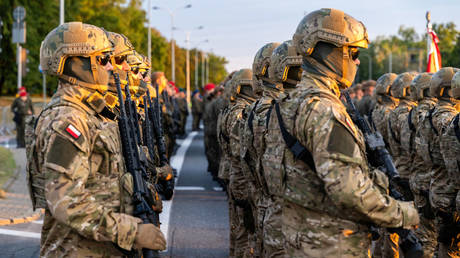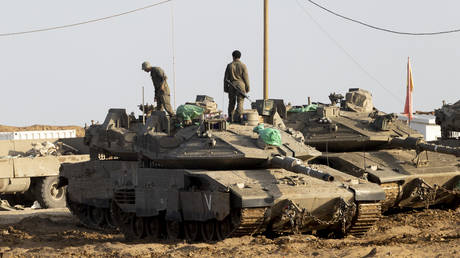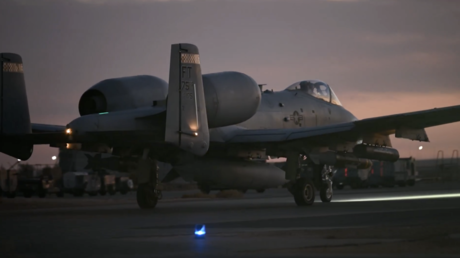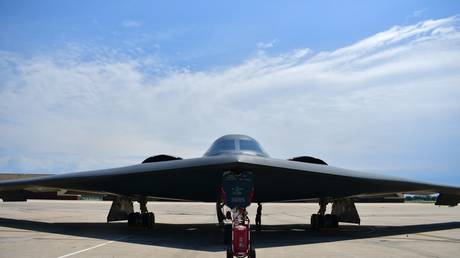
The move follows Warsaw’s extension of temporary border checks amid immigration worries
Polish President Karol Nawrocki has ordered troops to the borders with Germany and Lithuania. Warsaw recently reintroduced border controls, citing a surge in illegal immigration.
All three nations are members of the European Union, which has been grappling with a refugee crisis since at least 2015, largely caused by upheavals in the Middle East and Africa, and later by the Ukraine conflict.
In a resolution released on Friday, Nawrocki said that the measures would take effect on October 5 and last until April 4, 2026.
In July, Polish Defense Minister Wladyslaw Kosiniak-Kamysz revealed that 700 troops had already been deployed to the country’s Western frontier, with plans to send in up to 5,000 more military personnel to assist border guards.
On Wednesday, Poland’s Interior Ministry announced that temporary border controls will be extended until April 4, 2026. The measures were first reintroduced in early July.
The statement cited Interior Minister Marcin Kierwinski as saying “we are extending border controls with Germany and Lithuania to monitor the migration route leading from the Baltic states, through Poland, to Western Europe.”
Authorities in Poland have estimated that since the start of this year alone, nearly 25,000 attempted illegal crossings had been registered on the Polish-Belarusian border. Another 500 foreigners, along with 60 suspected human traffickers, were caught trying to enter from Lithuania.
Poland, Germany, and Lithuania are all members of the Schengen area, a border-free travel zone. However, in late 2023, Germany availed itself of a provision that allows nations to temporarily reinstate border checks in emergency situations.
Warsaw has accused German police of “dumping” thousands of migrants on the Polish border.
Since 2021, Poland has repeatedly accused its eastern neighbor, Belarus, of deliberately orchestrating the flow of illegal immigrants into EU states at the behest of Russia. Both Minsk and Moscow have consistently denied the allegations.




